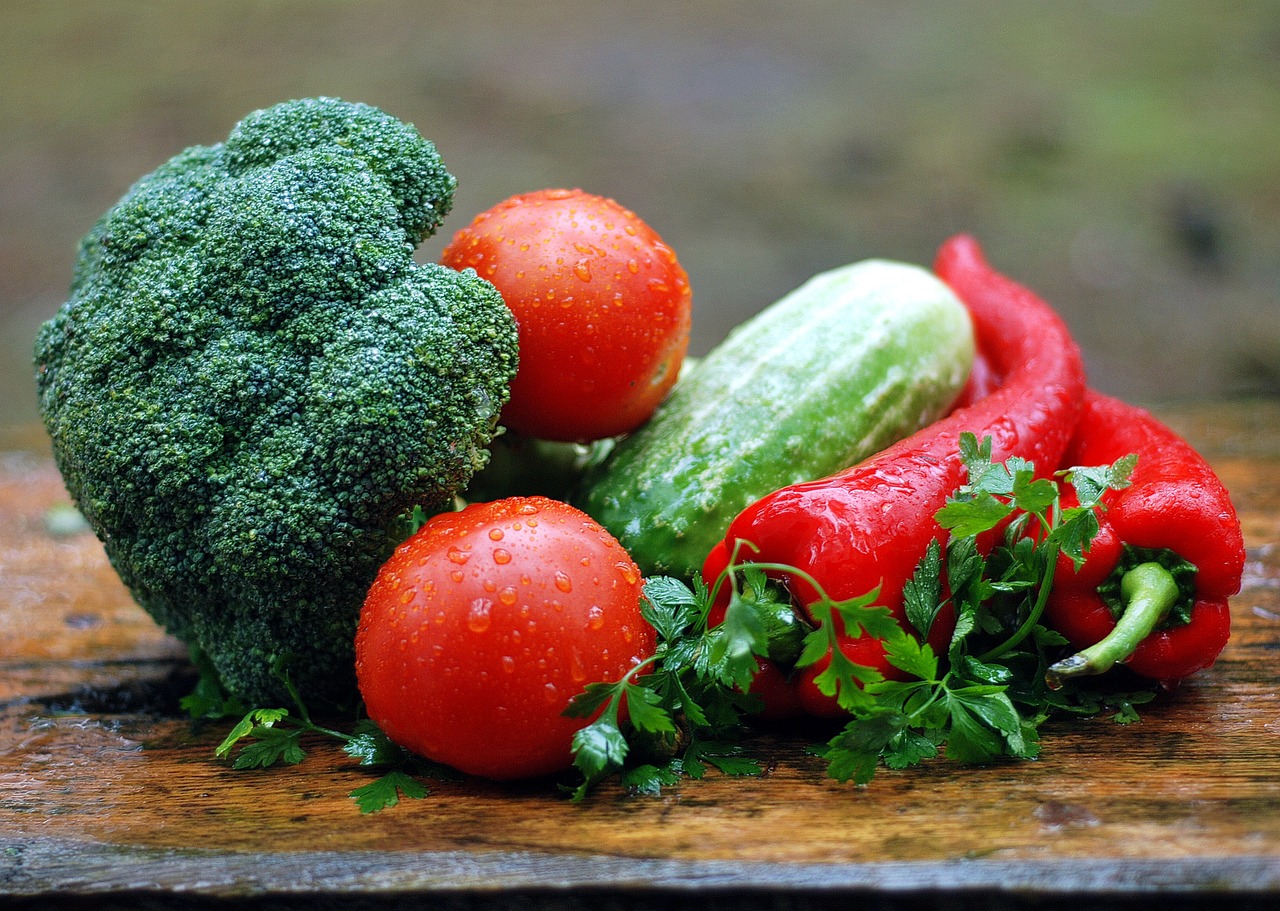“`html
Are you looking to transform your health and fitness by enhancing your diet? A high-protein diet may be the key. As an essential macronutrient, protein is crucial for various bodily functions, including muscle repair, immune function, and hormone regulation. In a world cluttered with health advice, understanding the significance of protein and how to effectively incorporate it into your daily meals can empower you to make informed choices that benefit your overall well-being.
What is a High-Protein Diet?
A high-protein diet typically involves consuming a greater percentage of your daily calories from protein-rich foods. While there’s no universal definition for what constitutes “high-protein,” many experts recommend that protein should constitute at least 25-30% of your daily caloric intake. Here’s a deeper look at the elements of a high-protein diet:
Common Characteristics
- Emphasis on lean meats, fish, eggs, dairy, legumes, nuts, and seeds.
- Lower reliance on carbohydrates and fats.
- Focus on whole foods over processed options.
Types of High-Protein Diets
- The Paleo Diet: Focuses on unprocessed foods similar to what our ancestors ate, including meats, fish, eggs, fruits, vegetables, nuts, and seeds.
- The Ketogenic Diet: A low-carb and high-fat diet that promotes ketosis, often includes moderate protein.
- The Atkins Diet: A low-carb diet that allows for higher protein intake across various phases.
Benefits of a High-Protein Diet
Incorporating more protein into your diet can lead to numerous health benefits. Here are some of the key advantages:
- Weight Management: High-protein diets are known to suppress appetite, helping individuals consume fewer calories.
- Muscle Growth and Repair: Essential for athletes and individuals engaging in regular strength training.
- Improved Metabolism: Protein has a higher thermic effect, which can enhance calorie burning.
- Better Bone Health: Studies show that protein intake supports bone density and reduces the risk of osteoporosis.
How to Incorporate More Protein into Your Daily Meals
Here are some practical tips to easily add protein to your diet. Following these guidelines can ensure you get adequate protein intake without overwhelming your meal planning:
Protein-Rich Breakfast Ideas
- Greek Yogurt Parfait: Layer Greek yogurt with fresh berries and chia seeds.
- Egg-Based Dishes: Prepare omelets or scrambled eggs with spinach and cheese.
- Protein Smoothies: Blend protein powder with milk, banana, and nut butter.
Snacks and Meal Additions
- Add nuts or seeds to salads to boost protein content.
- Use hummus or Greek yogurt as dips for veggies.
- Opt for beef jerky, hard-boiled eggs, or cheese sticks as on-the-go snacks.
Choosing Quality Protein Sources
Not all protein sources are created equal. It’s important to focus on quality for optimal health benefits. Consider the following:
Animal-Based Proteins
- Lean Meats: Chicken, turkey, and cuts of beef that are lower in fat.
- Fish: Salmon, mackerel, and sardines are great sources of protein and omega-3 fatty acids.
- Dairy: Opt for low-fat options like Greek yogurt and cottage cheese.
Plant-Based Proteins
- Legumes: Lentils, chickpeas, and black beans are excellent protein sources.
- Nuts and Seeds: Almonds, walnuts, and chia seeds provide protein and healthy fats.
- Whole Grains: Quinoa, oats, and brown rice add more protein along with fiber.
Potential Challenges and Considerations
While a high-protein diet can be beneficial, there are some considerations to keep in mind to maintain a balanced approach:
- Risk of Nutritional Imbalance: Avoid neglecting other macronutrients; aim for balance.
- Kidney Health: Those with pre-existing kidney conditions should consult a doctor before increasing protein intake.
- Individual Needs: Dietary needs vary based on age, sex, activity level, and health conditions.
Conclusion
Embracing a high-protein diet can lead to a myriad of health benefits, particularly for weight management and muscle maintenance. By making informed choices about the types and sources of protein you consume, you can create a diet that supports your health goals effectively. Always remember that moderation and balance are key; pairing high-protein foods with other nutrients will ensure you enjoy the full range of benefits while steering clear of potential pitfalls. Ready to boost your protein intake? Start today by experimenting with new recipes and incorporating quality protein sources into your daily meals!
“`



